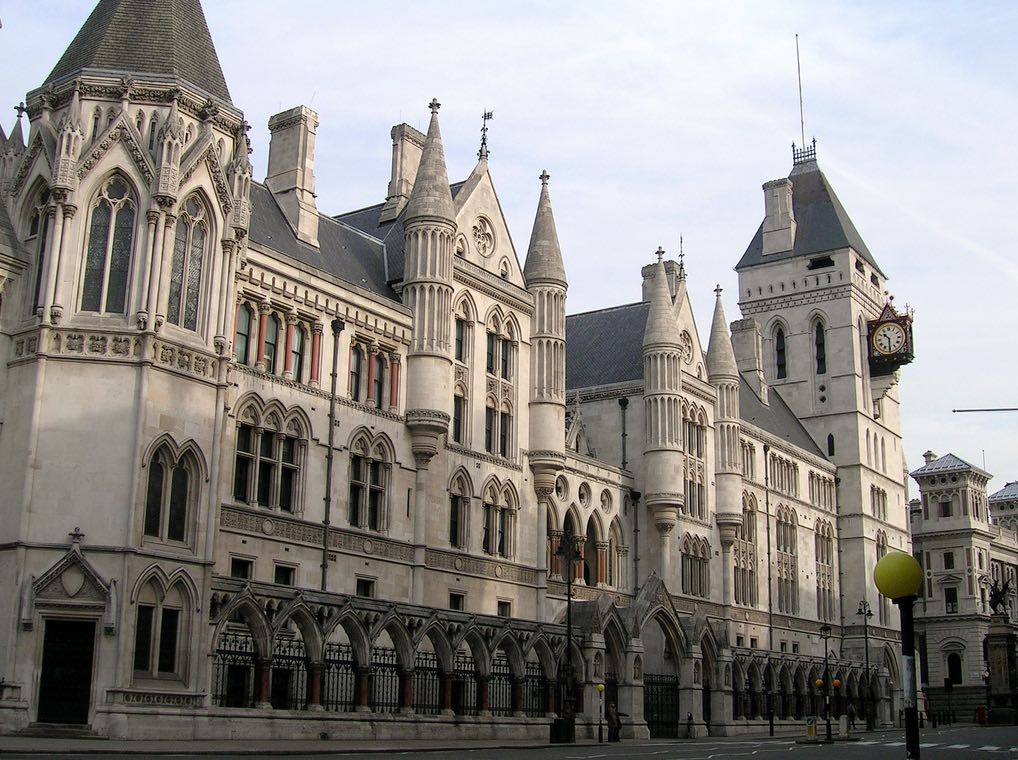
Amongst the corruption and halfheartedness that characterises much of the modern Anglo-Saxon establishment there remains what Albert Jay Nock called “the substratum of right thinking and well doing “. This manifests itself in the most unexpected areas; in this case family law.
The recent and momentous victory by the No To Named Person campaign (No2NP) at the UK Supreme Court contains several particularly memorable examples. In their findings, the court made reference to a judgement by Justice Barak of the Supreme Court of Israel to the effect that individual human uniqueness must be preserved (in El-Al Israeli Airlines Ltd v Danielowitz [1992-4] IsrLR 478, para 14):
The factual premise is that people are different from one another, ‘no person is completely identical to another’ … Every person is a world in himself. Society is based on people who are different from one another. Only the worst dictatorships try to eradicate these differences.
The UK Supreme Court also referred to a famous finding from the United States; Justice McReynolds, delivering the Opinion of the Supreme Court of the United States in Pierce v Society of Sisters 268 US 510 (1925), 534-535:
The fundamental theory of liberty upon which all governments in this Union repose excludes any general power of the state to standardize its children by forcing them to accept instruction from public teachers only. The child is not the mere creature of the state; those who nurture him and direct his destiny have the right, coupled with the high duty, to recognize and prepare him for additional obligations.
The British court also noted that
The first thing that a totalitarian regime tries to do is to get at the children, to distance them from the subversive, varied influences of their families, and indoctrinate them in their rulers’ view of the world.
All of this was surpassed, perhaps, on 19th January when Sir James Munby, President of the Family Division of the High Court of Justice heard an appeal concerning the Human Fertilisation and Embryology Act 2008 case reference [2017] EWHC 50 (Fam). In his findings he put the matter beautifully;
Put starkly, the state by its actions has denied these parents the right to decide for themselves, within the privacy of the family, what in their view, as devoted parents, is in the best interests of their children – a matter which, to speak plainly, is no business of the state.
Perhaps those words will now be quoted to every Government busy-body, every ardent searcher for parental non-conformity, every state employee who believes interfering in family life is “only doing their job”. Perhaps this edict will echo from doorsteps and family homes where love resides with all of its human blemishes and quirks. I'd like to think so.

